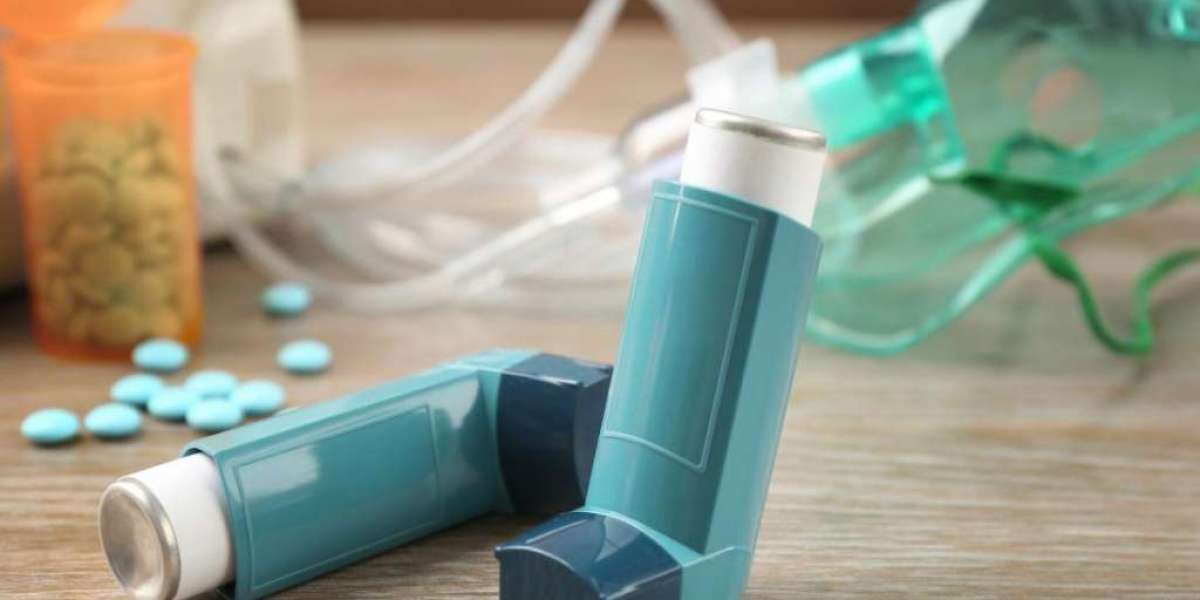Asthma Inhaler Device: Usage, Loss, and Pregnancy Considerations
If you or a loved one has asthma, understanding how to use an asthma inhaler device is crucial. In this article, we'll address key questions related to asthma inhalers, ensuring you have the information you need.
1. How often to use an asthma inhaler device?
Using your asthma inhaler correctly and as prescribed by your healthcare professional is essential for effective asthma management. Here are some general guidelines:
· Rescue Inhalers: These quick-relief inhalers (usually blue) should be used when you experience asthma symptoms, such as shortness of breath or wheezing. Follow your healthcare provider's instructions on how often to use them.
· Maintenance Inhalers: These are used on a regular basis to control and prevent asthma symptoms. The frequency varies depending on the specific medication and your asthma severity. Always follow your doctor's guidance.
· Combination Inhalers: Some inhalers contain both quick-relief and maintenance medications. Use them as prescribed, typically once or twice a day.
Regular use of your inhaler as directed is key to managing your asthma effectively.
2. What to do if I lose my asthma inhaler device?
It's critical to act quickly to control your asthma and stop an attack if you misplace your inhaler. This is what you should do:
· Stay calm. Breathing problems might be exacerbated by panic. Breathe deeply and slowly and try not to lose your composure.
· Identify what triggers you. Try to stay away from things if you know what causes your asthma. Avoiding smoke, dust, pollen, and other allergies may be part of this.
· Loosen any tight garments and sit up straight. You'll be able to breathe easier after this.
· Drink warm, caffeinated beverages. As a moderate bronchodilator, caffeine can help dilate your airways.
· If you have an emergency inhaler, use it. Take a few puffs with your spare inhaler if you have one or know someone who does.
· Seek immediate assistance, particularly if you are having trouble breathing or if you are exhibiting additional symptoms like tightness in your chest, wheezing, or a fast heartbeat.
· Contact your physician or an asthma expert. They can evaluate your situation and offer more advice.
· Get a spare inhaler. Get a replacement inhaler and get in touch with your pharmacy or doctor as soon as possible. Keep it on you at all times to avoid any emergencies in the future.
Remember that having a backup plan in place is essential in the event that you misplace your inhaler. Make sure you regularly check the inhaler's expiration date and replace it as necessary. Additionally, talk to your doctor about your asthma treatment strategy and keep them informed about your health.
3. Can I use an asthma inhaler device if I am pregnant or breastfeeding?
Asthma management is important during pregnancy and while breastfeeding. In general, asthma inhalers are considered safe for use during these times, as uncontrolled asthma can pose greater risks. However, it's crucial to discuss any concerns with your healthcare provider:
· Pregnancy: Your doctor can adjust your asthma medication if needed to ensure the best outcome for you and your baby. They will consider the potential risks and benefits of each medication.
· Breastfeeding: Most asthma medications are compatible with breastfeeding, but it's essential to consult your healthcare provider to confirm the safety of your specific inhaler.
Overall, managing your asthma is vital for your well-being, whether you are pregnant, breastfeeding, or not.
Proper use of your asthma inhaler device, steps to take if you lose it, and considerations during pregnancy and breastfeeding are all essential aspects of asthma care. Consult your healthcare provider for personalized guidance, and always follow their recommendations to effectively manage your asthma.
#Asthma #AsthmaManagement #InhalerDevice #AsthmaTips #RescueInhaler #AsthmaCare #AsthmaMedication







